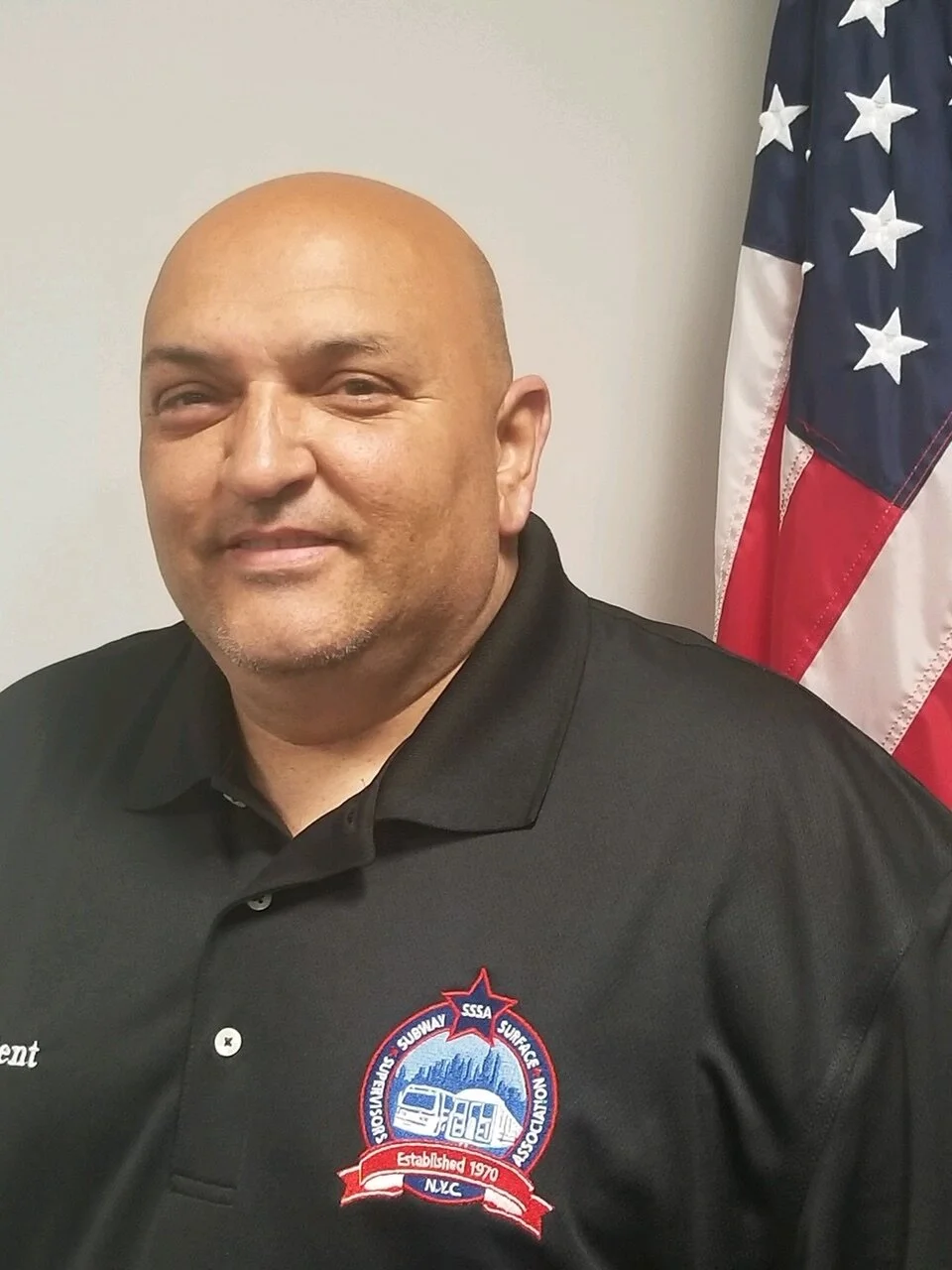Effective data management can help us combat future pandemics
/Michael Carrube is president of the National Association of Transportation Supervisors. Photo courtesy of the National Association of Transportation Supervisors
By Michael Carrube
New York City is widely known as the city that never sleeps, but what is often forgotten are the people who keep the city moving. Subway and bus supervisors largely go unnoticed by commuters but, when our city came to a screeching halt last year, our dedication to our jobs allowed other essential workers to get where they needed to go in a time of unprecedented need.
It’s no secret that COVID-19 ravaged the world, taking many lives and presenting unending challenges. Our members were particularly devastated, as they fearlessly fought on the frontlines to keep our city moving. Unbeknownst to many, roughly a quarter of NYC transit workers contracted COVID-19. And tragically, our union lost sixteen members to this devastating disease. While we can’t change the past, we can learn from it as we prepare for the future. The devastating loss of our workers, and the many others who were affected by COVID, has forced us to examine how we can better protect our members of the Subway-Surface Supervisors Association (SSSA) and the city we serve.
One of the best tools to combat future pandemics is data. Often, when individuals initially think about the collection and exchange of personal data, they become uneasy. Personal data is extremely sensitive after all. But throughout day-to-day exchanges, people are voluntarily providing their information whether it’s to purchase a subway transit card or to get tested for COVID-19. Personal data has played a major role in keeping frontline workers safe. New York, specifically, has merged all 200 of its hospitals into a single digital system to be able to track medical staff, patients and supplies in order to assist with the distribution of resources like PPE. Data management like this enables our healthcare system to better serve ailing patients and those healthcare professionals serving on the frontlines.
Detailed data on New York City’s frontline workers also allowed Comptroller Scott Stringer to accurately recommend ways the government could better support transit workers. The city’s report found that 50 percent of all frontline workers rely on public transit, emphasizing the need to provide more essential products like cleaning supplies and PPE to transit workers. However, due to the extreme risk of exposure, many our workers remain concerned for their safety at work. These concerns can and should be mitigated by the effective distribution of newly available vaccines, but successful distribution heavily relies on the use of predictive data models to assess communities’ behavior and the risk of transmission on a local level. If the MTA had a data management system tracking potential hotspots where transit workers had less access to proper ventilation or outdated air filters, it may have helped prioritize the initial distribution of PPE. A proper health tracking system could also have helped us identify patterns where certain departments were experiencing COVID-19 related systems and respond accordingly.
Health data monitoring is also a central part of a bill introduced by State Sen. Brad Hoylman to create a voluntary COVID Health Registry, similar to the one created for the 9/11 first-responders and survivors who lived and worked in lower Manhattan and western Brooklyn. It was that registry which helped both state and Federal policy makers gauge the public-health implications from the toxic exposure in the areas they became evident years later.
While there is understandably growing uncertainty among citizens to hand out their information, these concerns could be detrimental to our ability to successfully fight off this disease and future pandemics. Healthcare agencies, like the Center for Disease Control and Prevention, need access to data to ensure the safety of our nation’s health. But the collection and exchange of this data must be handled with extreme care and thoughtful standards must be put in place at the federal and commercial level.
Too many frontline workers have been affected by COVID. We must do everything we can to fight back against this deadly disease. This is why it is crucial that our legislators in Washington get data standards right. It’s vital that we protect the privacy of individuals, while providing for the public good and our essential workers. Complicated issues like data technology and data management require input from experts across the spectrum: frontline workers, advocates, industry groups, and regulators. We must take a united approach.
Michael Carrube is president of the Subway-Surface Supervisors Association, which represents over 4,000 New York City Subway and Bus Supervisors. He is also the president of the National Association of Transportation Supervisors.




